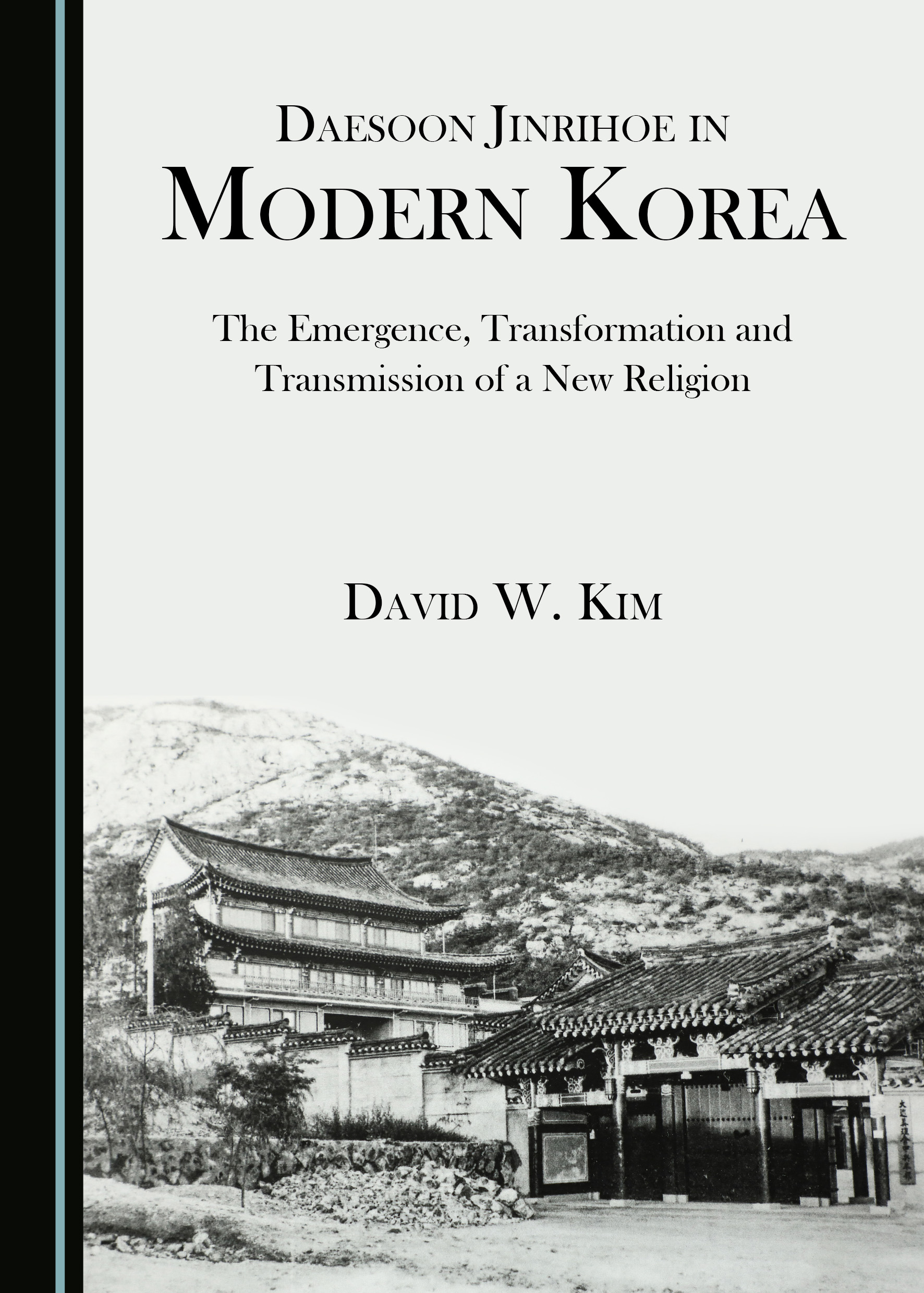
Korean people are productive and efficient at work.īut the problem in the Korean work environment is people sometimes are over competitive and little bit hasty. Personally speaking, if you like to see natural wonders and traditional architecture, Japan is good.īut for those who like to enjoy nightlife and want to go shopping, South Korea is more recommended. It’s obviously oversimplified, but it reflects only culture.įrom the aspect of society as a whole, Japan is more quiet and peaceful, while South Korea is more fun and entertaining. While Japanese people tend to create barriers and not tell their honest feelings, Korean people are relatively friendly and treat you like a part of family.īut once you did something wrong to someone in your group, you are out of “family”, and they would tell you like “I thought you were one of us.” If you are a foreigner, it’s easier to make friends in Korea than Japan. It’s more related to the culture of Confucius, which heavenly emphasizes family loyalty. However in Korea, it is more important to be a part of family rather than what strangers in the society think of themselves. In Japan, following social standard and social order is very important.Ĭonsidering how others feel about your act and behavior is a big deal.

It means Japanese collectivism is more society-centered, while Korean collectivism is more family-centered. Many Anime and Japanese cartoons are greatly inspired by Shinto.īoth countries have collective society, but Japan has an external collective culture, while South Korea has an internal collective culture. Speaking of Shinto, the Emperor of Japan has the highest authority in Shintoism, and Japan’s holidays are mostly based on Shinto rituals. Shinto is the Japan’s native religion and more than half of the population in Japan believe in Shintoism in some way. On the other hand, only around 1% of the population claim Christian belief in Japan. Not only within family, age is very important in Korean society, and they use honorific speech to older people all the time.īecause of that, age is sometimes the first question that Korean people ask each other, but asking someone’s age is considered rude in Japan, especially to a woman.Ĭhristianity is the major religion in South Korea. So it is a sign of showing respect to elderly in Korea. In Korea, it is common, especially for men, to speak in honorific language (Jondaesmal) when they talk to their parents or grandparents. So the family roles in the Korean culture are very different. While Japan still practice the way of Confucius somewhat, it is way more common and very important in Korea. The biggest impact from Chinese culture on both countries is probably Confucianism. Generally speaking, Japanese food is more complicated and more confusing, but Korean food is very simple.

On the other hand, Japanese people love fish as you may know sushi.Īnd they use thin chopsticks made of bamboo since it is easier to pick bones from fish while eating. They use metal chopsticks so they don’t get damaged by fire when they do a Korean barbecue. The geographical factor, mentioned above, also changed the way they consume food.Īs you may know Kimchi, Korean food is mostly spicy, and they eat with spoon, fork, and metal chopsticks. Thus, Korean culture is much more similar to China, while Japan is closer to the West. Instead, it is to some degree more close to Western culture after 19th century, when Samurai Shogunate was abolished. Of course, China has culturally influenced so many other countries.īut it was a thousand years ago, and Japan was isolated in most of its history due to the isolation policy during Samurai government.

Historically speaking, Korea has had significant cultural impacts from China and the continent. It drastically differentiates the two cultures. So it is often said, Japanese is the easiest language to learn for Koreans and vise verse.Īfter all, Japan is an island country while South Korea constitutes the Southern part of the peninsula located in the Asian continent. However, the use of formal language and grammar are still very similar, and they share a lot of words with one another. Korean people used to use Chinese characters as well, but they completely abolished it in the middle of 1980s. Japanese is based on Japanese alphabets (Hiragana and Katakana) and Chinese characters (Kanji). The first thing that distinguishes their culture is the language.


 0 kommentar(er)
0 kommentar(er)
